Graduated with a Master's degree in Special Education from Hanoi National University of Education, Ms. Nguyen Thi Hoa (born in 1987, from Nghe An) decided to go to the highlands to teach children with autism. In 2016, when she arrived in Son La, seeing that there was no school for children with this syndrome, Ms. Hoa stayed to help the children integrate into life.
Don't stop in the face of difficulty
On To Hieu Street, Son La City, Son La Province, there is now a special education center for autistic children named Minh Tam. Minh Tam means a bright mind, that is the intention of Ms. Hoa with the desire to bring her bright mind to autistic children.
Ms. Hoa shared that when she was studying Social Work at Vinh University of Education, she was fortunate to participate in programs to support vulnerable children such as children with psychological trauma due to life events or children who have been abused. After graduating, getting married and becoming a mother, she felt very sorry when she saw in her child's class that there were young children who could not integrate with everyone. That is why she always wanted to do something for them one day.
When she came to Son La, Ms. Hoa initially only took children home to teach and took them to kindergartens to support their integration. By the end of 2017, many children had made progress, and parents spread the word, so the number of students increased. She decided to establish the Minh Tam Center for Supporting the Development of Inclusive Education.
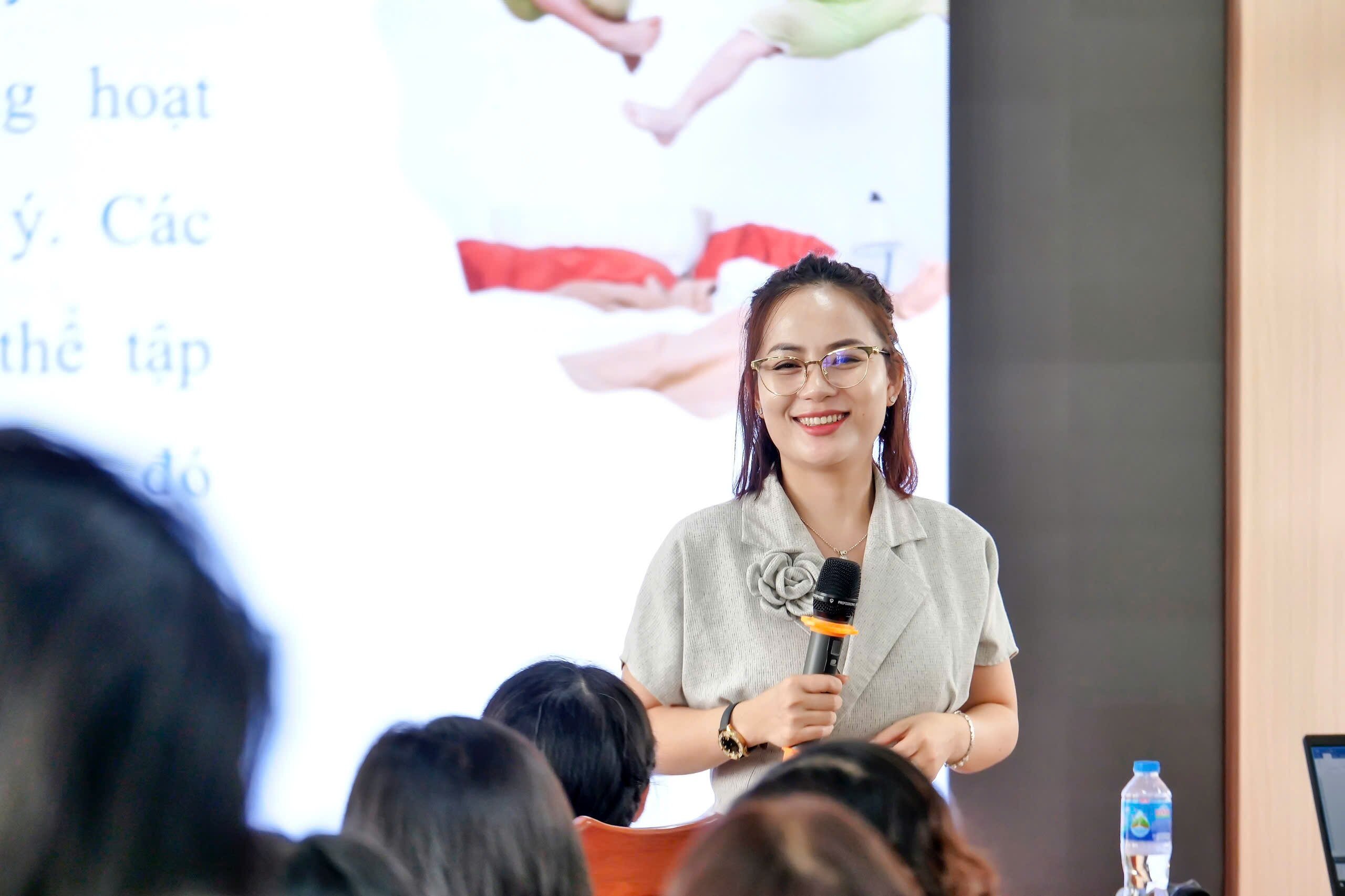
Teacher Hoa stayed in Son La to sow seeds of hope for children with autism to integrate into life.
To have a home for autistic children like today, she had to go through many difficulties and challenges. Son La is a mountainous province, the terrain is mainly rugged hills and mountains, making it very difficult to travel. Special education is a profession that requires teachers to always study to improve their expertise and teach children better. Therefore, Ms. Hoa often has to go to Hanoi or Ho Chi Minh City to study further.
Not only that, some parents' awareness of autism, developmental delays or other disabilities is still limited. Therefore, at first, she herself made great efforts to promote and explain the importance of early intervention for special children, especially to parents.
In addition, people in some areas of Son La are quite poor, the economy mainly depends on agriculture, fruit trees, there are no industrial zones, and services are not yet well developed. Therefore, many families know that their children have problems but cannot let their children access intervention. Therefore, to ensure that special children receive the best support, she has many tuition exemption and reduction programs for those in difficult circumstances. However, because the Center is self-funded, economic conditions are still limited, although the work is very stressful, the income of teachers is low and unstable.
Tuition fees are expensive, families in the highlands have economic difficulties, many students are from poor or near-poor households; out of compassion for her students, Ms. Hoa spends her own money to support them. Some orphans and sick children are exempted from tuition fees or only charged a small amount so that parents can be responsible for their children...
In special students, each child has a different type of difficulty that requires individual support, individual lesson plans, and individual lessons, so it takes more time to invest. Not to mention that children are prone to injurious behaviors toward teachers. In many severe cases, if teachers are not persistent, do not love their job, and do not love children, they will easily become discouraged.
Overcoming those difficulties, what kept her from giving up and going all the way was her love for children and her passion for the profession. “I still ache for the “specialness” of children so that they are no longer “special”. I volunteered and devoted myself to this difficult job. I want to write my own life story as a special teacher,” Ms. Hoa confided.
Her happiness is to see the children after coming to the Center have made much progress, can speak, communicate, read, write and develop their own talents. Moreover, the children have the opportunity to become "no longer special" as she wished.
Efforts to integrate autistic children
However, according to Ms. Hoa, the path to integration for “special” children is still full of difficulties, and the problem of stigma and discrimination still exists somewhere. There are still many things that parents with autistic children need to share.
“Special Teacher” is a profession that is true to its name: especially difficult, hard, stressful and requires special effort, perseverance, and dedication to be able to stick with and love the profession. The workload is high and she also plays the role of a confidant to share the psychological burden and sometimes depression of parents, which requires her to constantly strive.
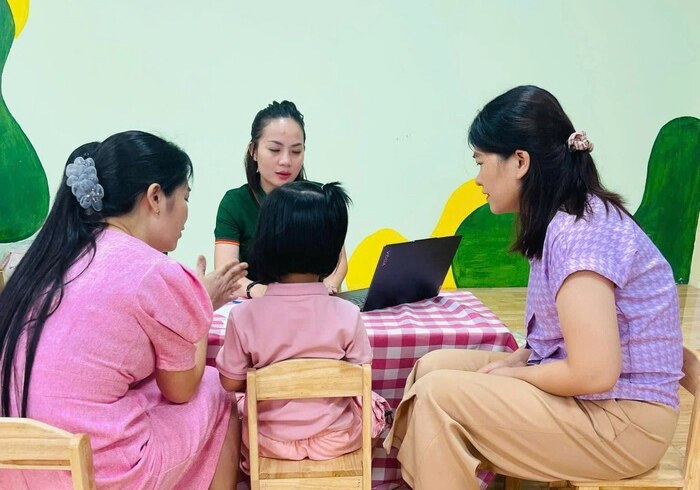
The happiness of Ms. Hoa and the teachers is to see the children improve a lot after coming to the Center.
Spending most of her time with “other people”, Ms. Hoa also has to sacrifice her own pleasures. Every night, she has to prepare lesson plans and talk to parents of children with autism, and guide mothers with homework for their children…
“My two children understand the nature of their mother’s work, so they are quite independent. I design schedules for them to visualize and do housework and study by themselves. Relatives in the extended family also support me both mentally and professionally. Everyone always encourages me to try my best to do this meaningful job. I am happy and grateful for those beautiful things,” Ms. Hoa emotionally shared.
Ms. Hoa confided that she only hopes that all autistic children or children at risk of autism will be detected early, receive proper and adequate intervention, so that they will be accepted and respected in all environments. She also hopes that families with autistic children will understand this issue better, accept it, and take drastic action with their children on this difficult journey.
Minh Tam Inclusive Education Development Support Center is the only center licensed to operate by the People's Committee of Son La province because it has sufficient capacity. Currently, the center has 60 students and 20 teachers. The children are mainly ethnic minorities in Son La city and the districts of Thuan Chau, Sop Cop, Song Ma, Mai Son, Muong La... suffering from autism, developmental delay, intellectual disability, hyperactivity, Down syndrome, cerebral palsy, and hearing loss.
With the tireless efforts of Ms. Hoa and the special team of teachers, to date, nearly 1,000 autistic children have made progress and integrated into the community.


![[Photo] Looking back at the impressive moments of the Vietnamese rescue team in Myanmar](https://vstatic.vietnam.vn/vietnam/resource/IMAGE/2025/4/11/5623ca902a934e19b604c718265249d0)


![[Photo] "Beauties" participate in the parade rehearsal at Bien Hoa airport](https://vstatic.vietnam.vn/vietnam/resource/IMAGE/2025/4/11/155502af3384431e918de0e2e585d13a)


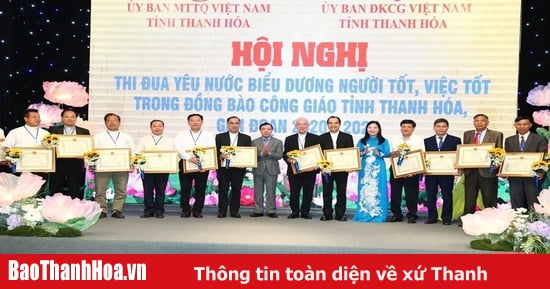



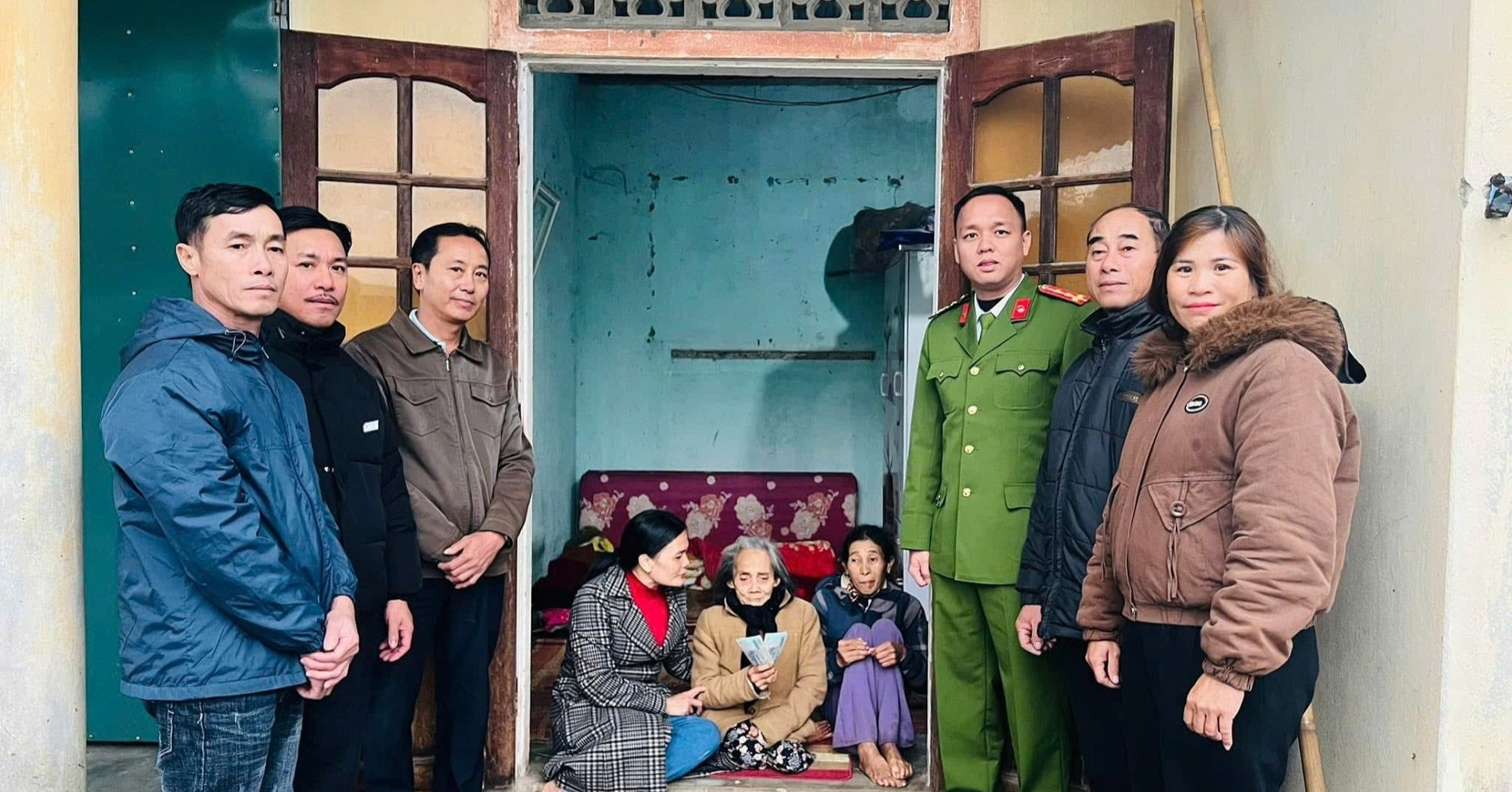
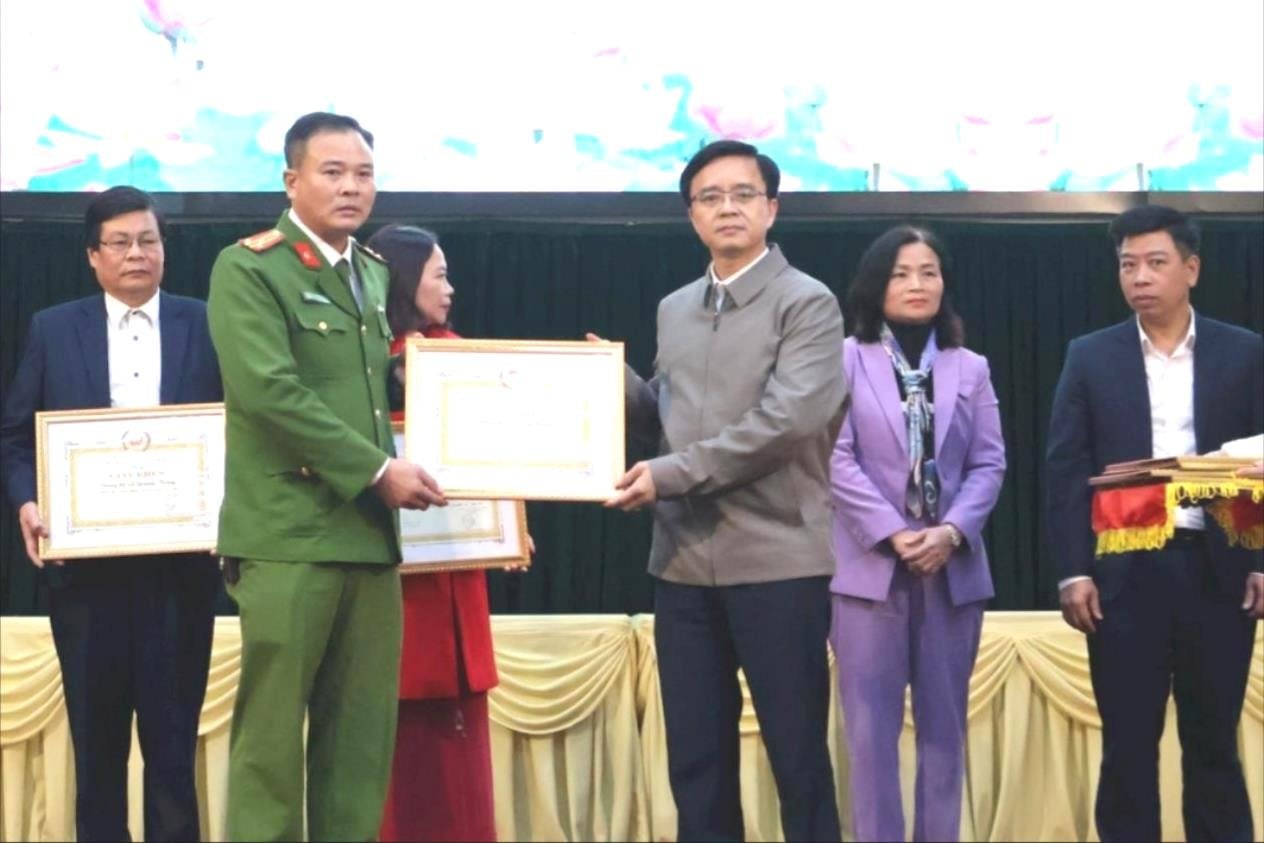
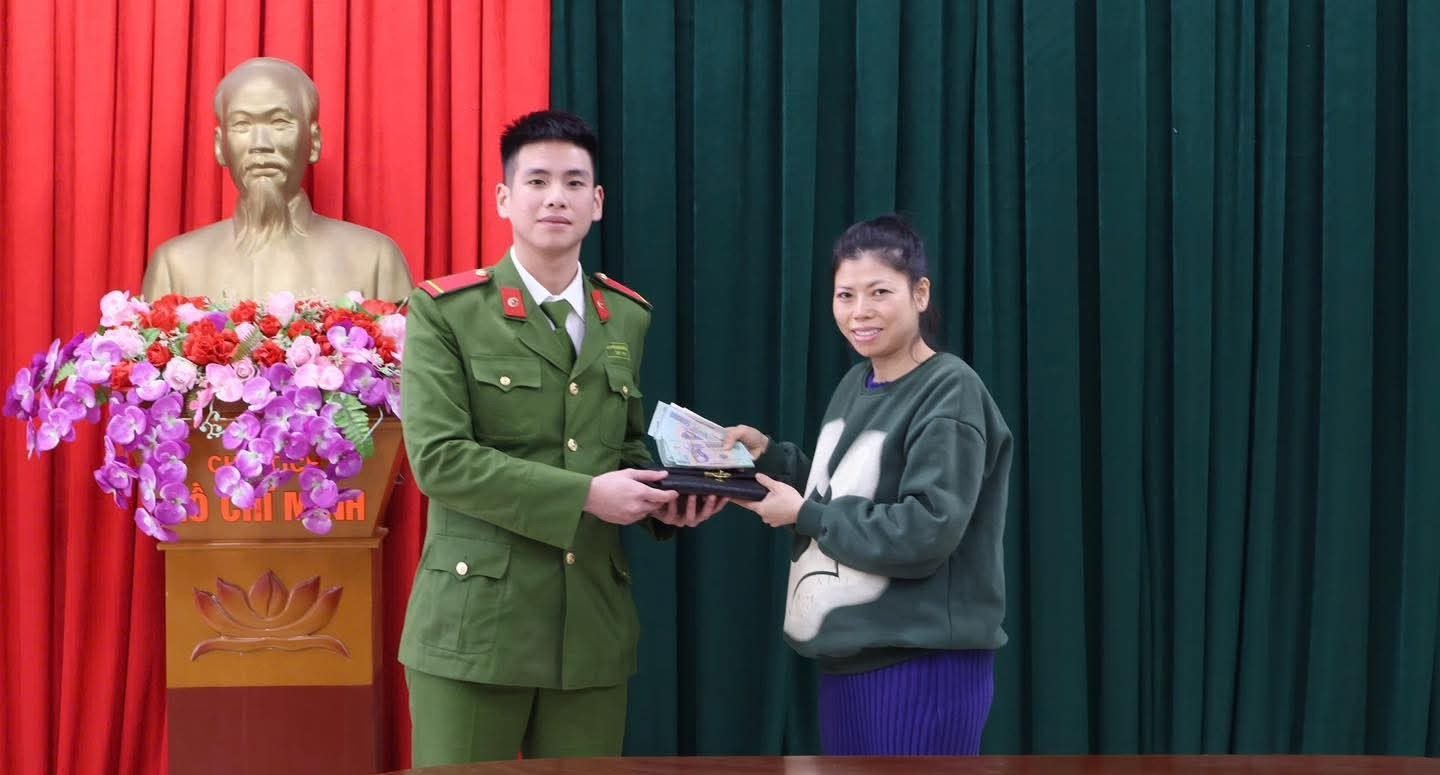
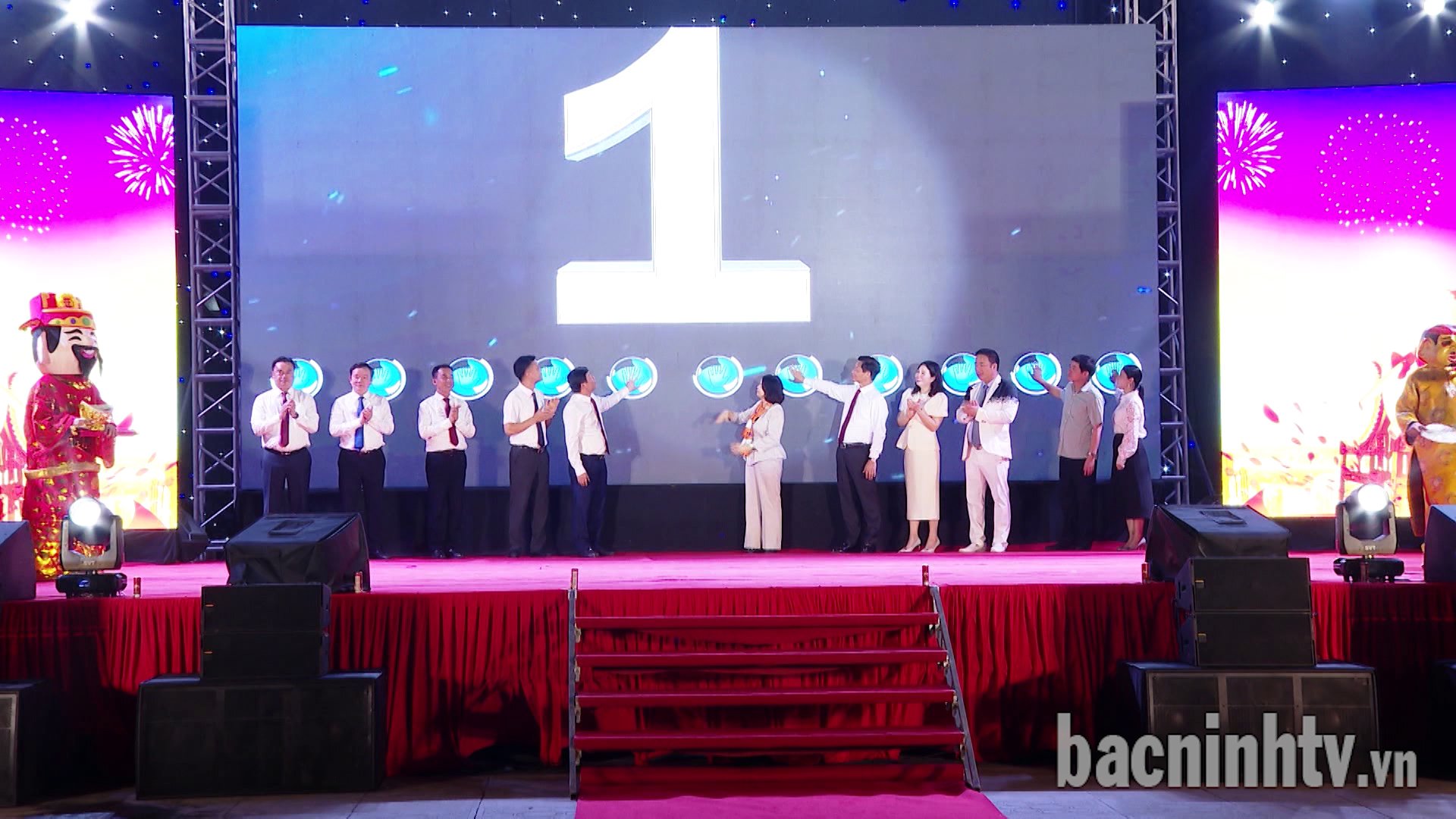

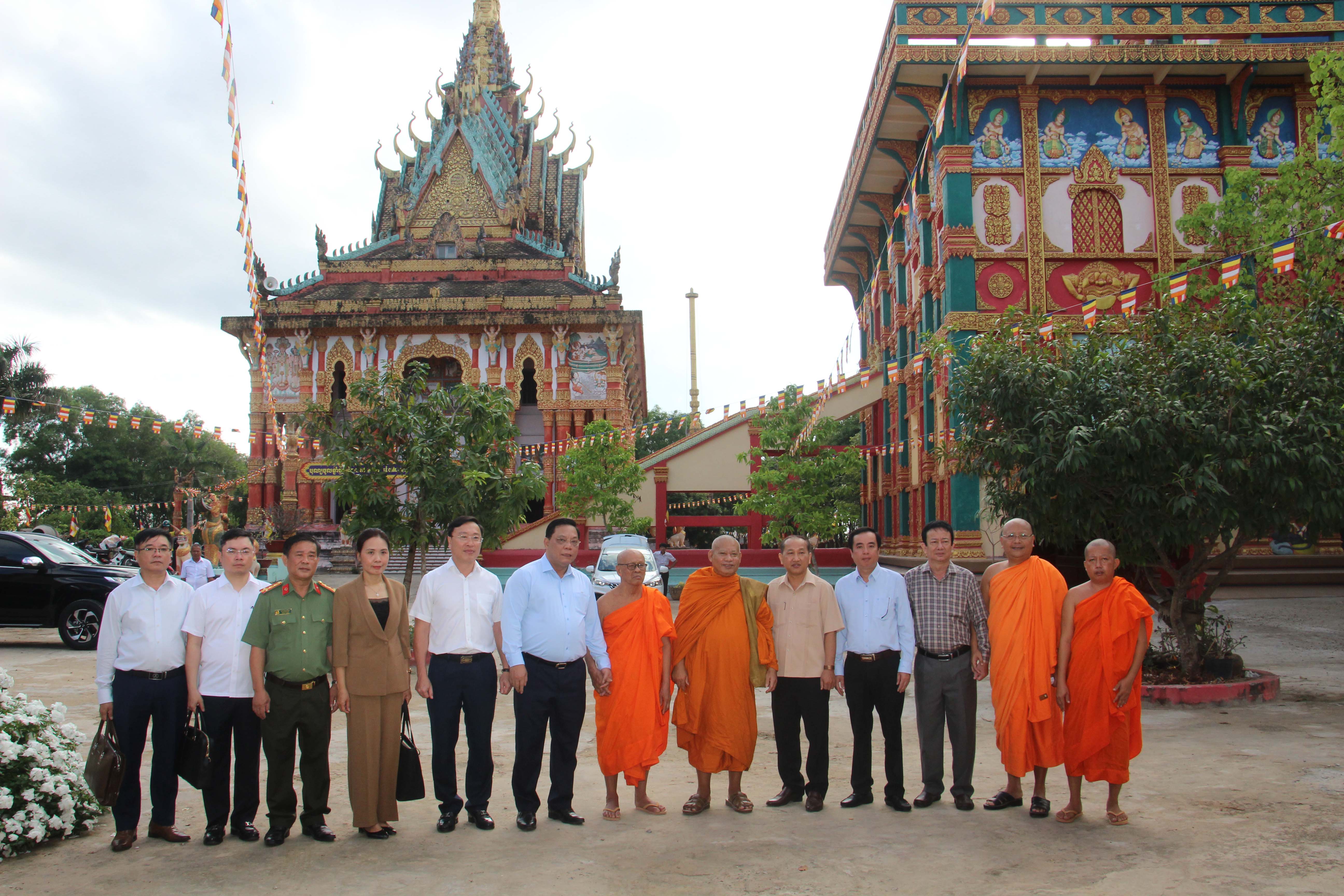
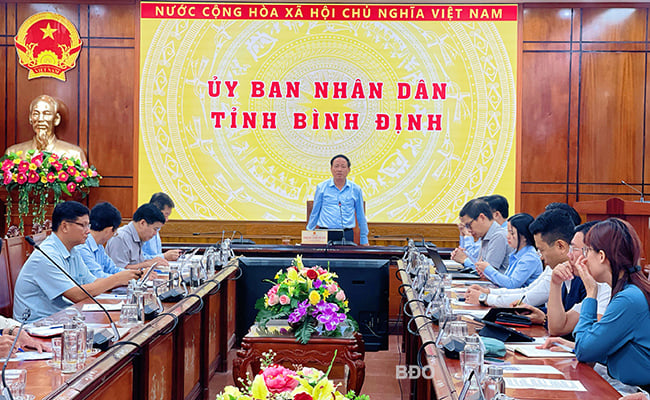
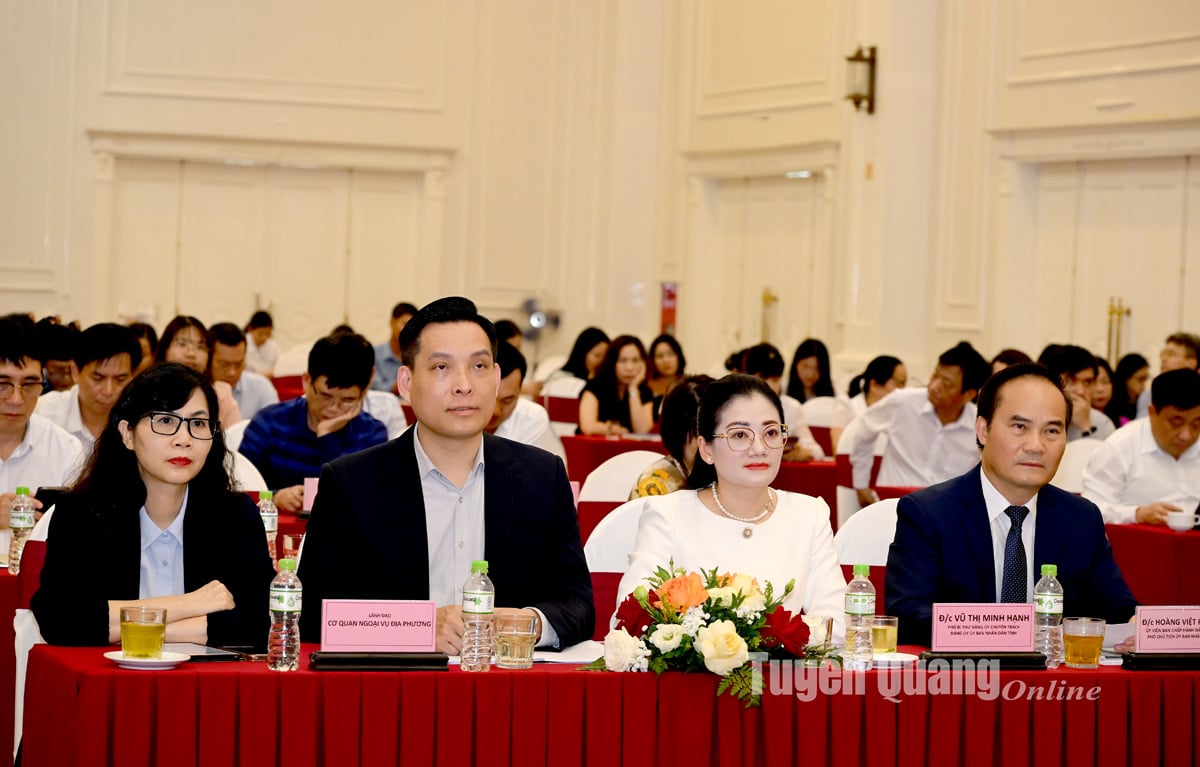
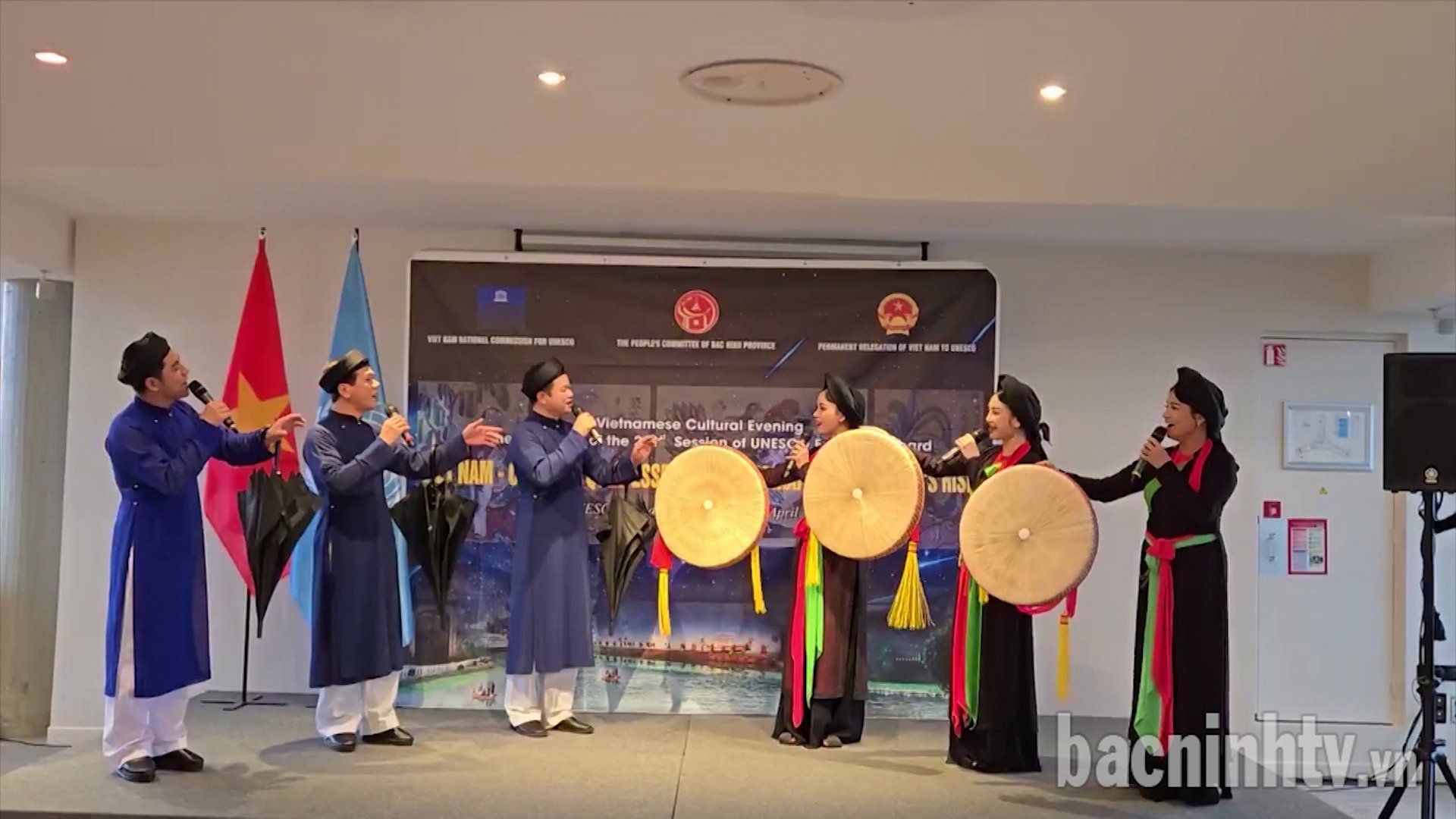


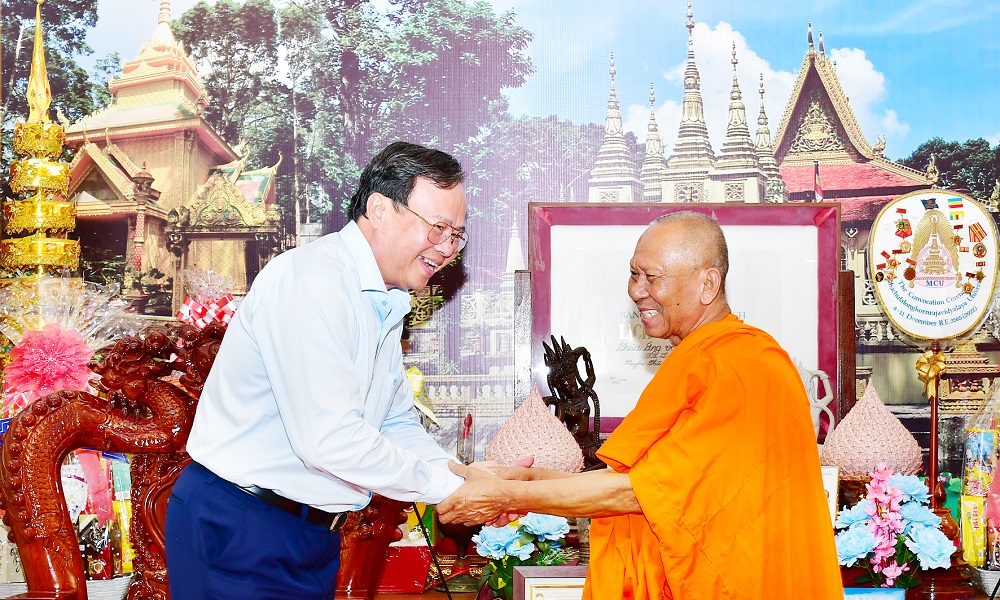
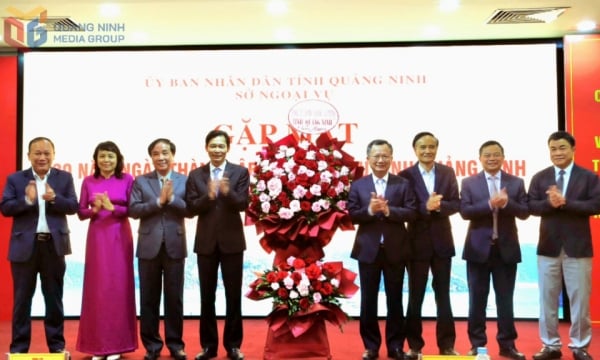

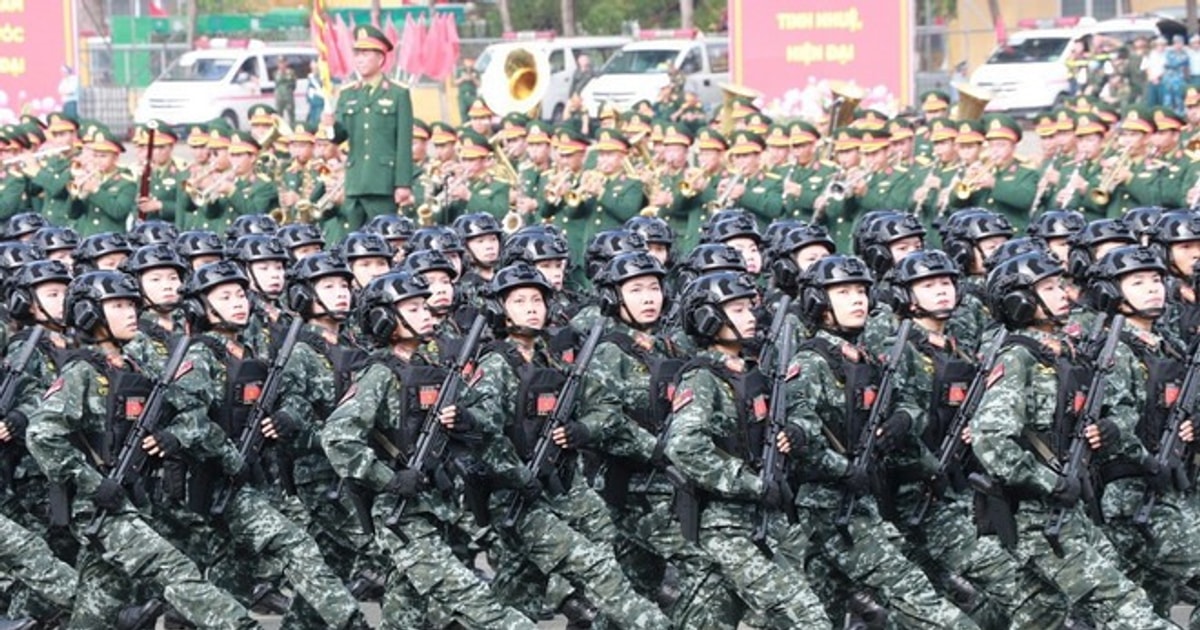
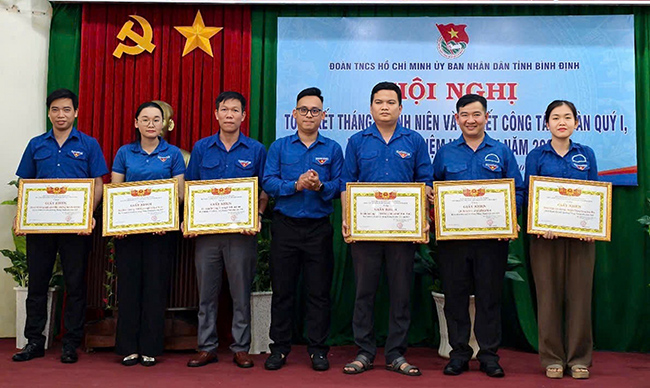
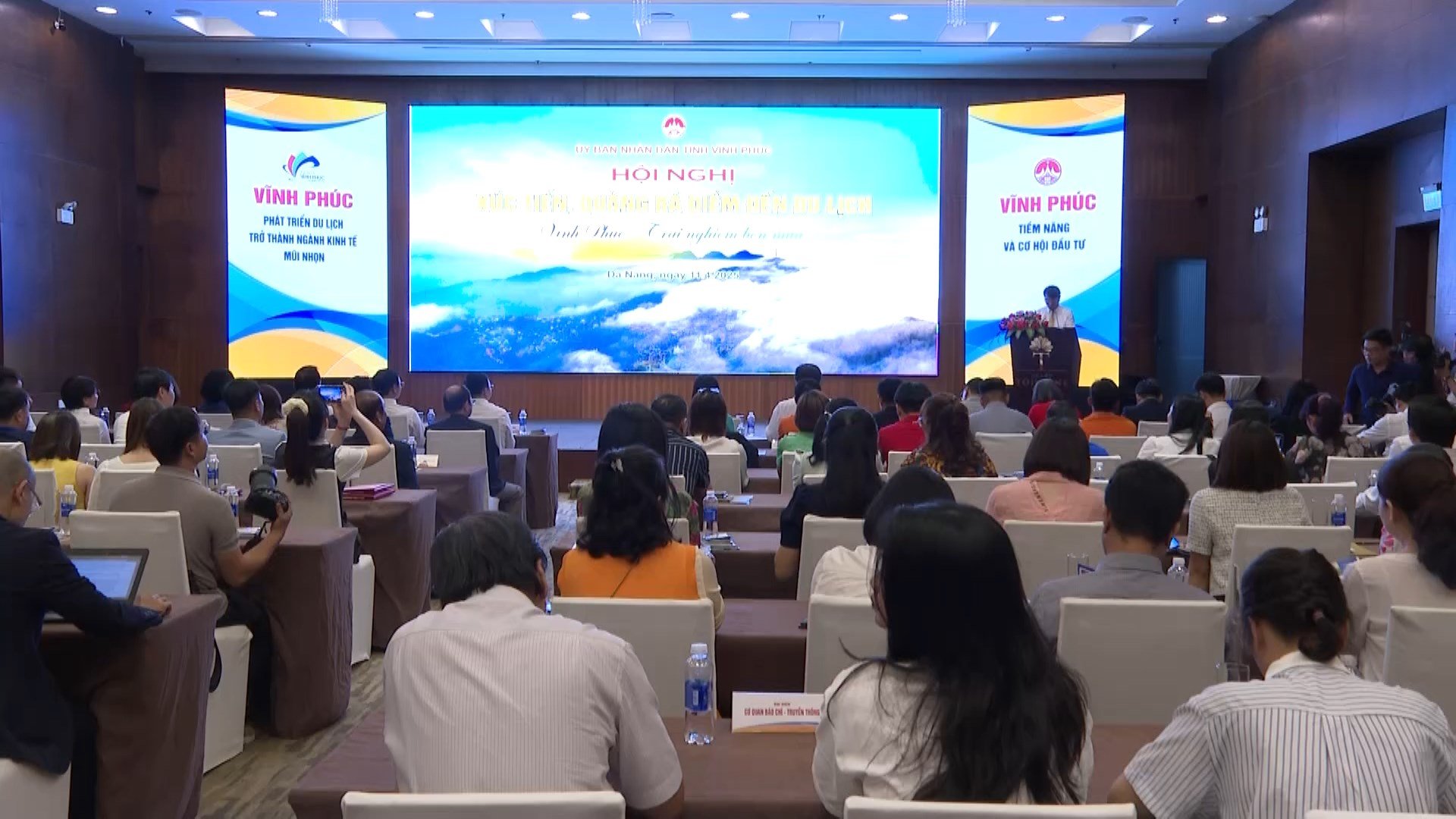
![[Photo] Summary of parade practice in preparation for the April 30th celebration](https://vstatic.vietnam.vn/vietnam/resource/IMAGE/2025/4/11/78cfee0f2cc045b387ff1a4362b5950f)









































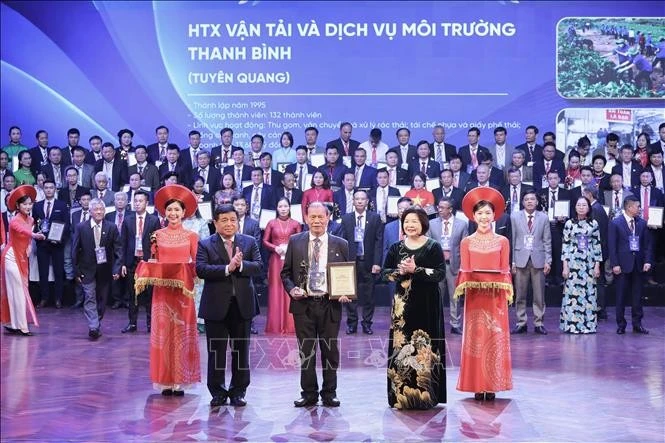


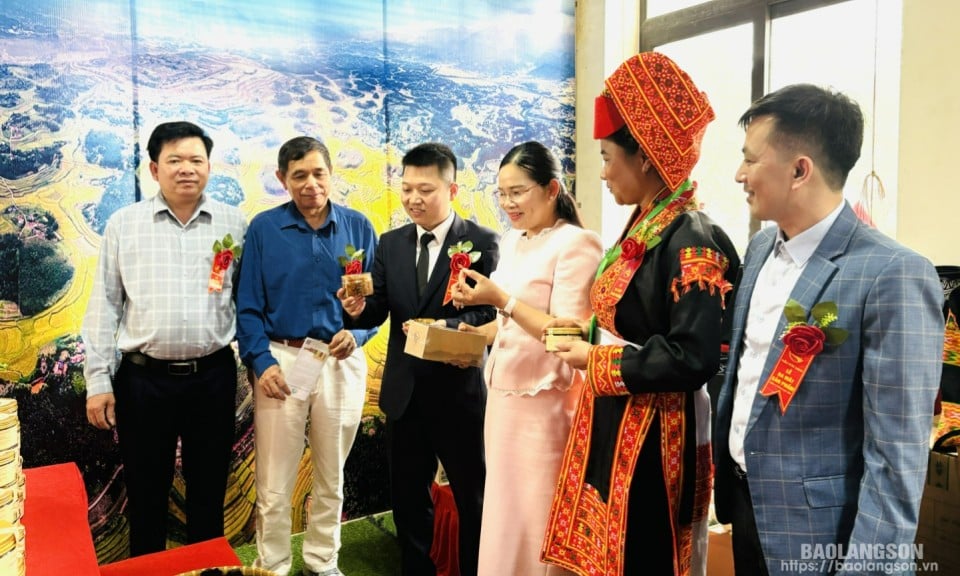














Comment (0)